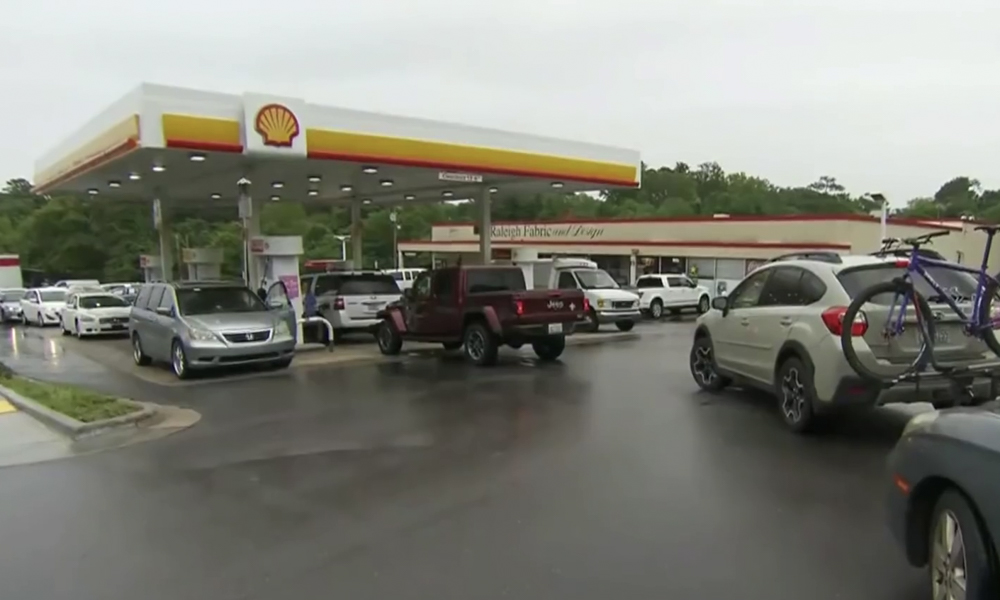
All across southeastern United States, cars are lining up at gas stations in the hope of getting their fill of precious gasoline. It’s practically no different from the fuel crisis of the 1970s when several Arab oil-producing nations placed an embargo on Western countries supporting Israel’s participation in the Yom Kippur War. The only difference is that the gas dilemma of today is not the result of political squabbles.
On May 7, an Eastern European criminal group called DarkSide launched a cyberattack on Colonial Pipeline. This wreaked havoc on the company’s computerized distribution network, which severely impacted fuel supplies to the US east coast. Filling stations had no choice but to ration their rapidly dwindling stock, with customers hoping to get the last dregs of petrol before the pumps go completely dry.
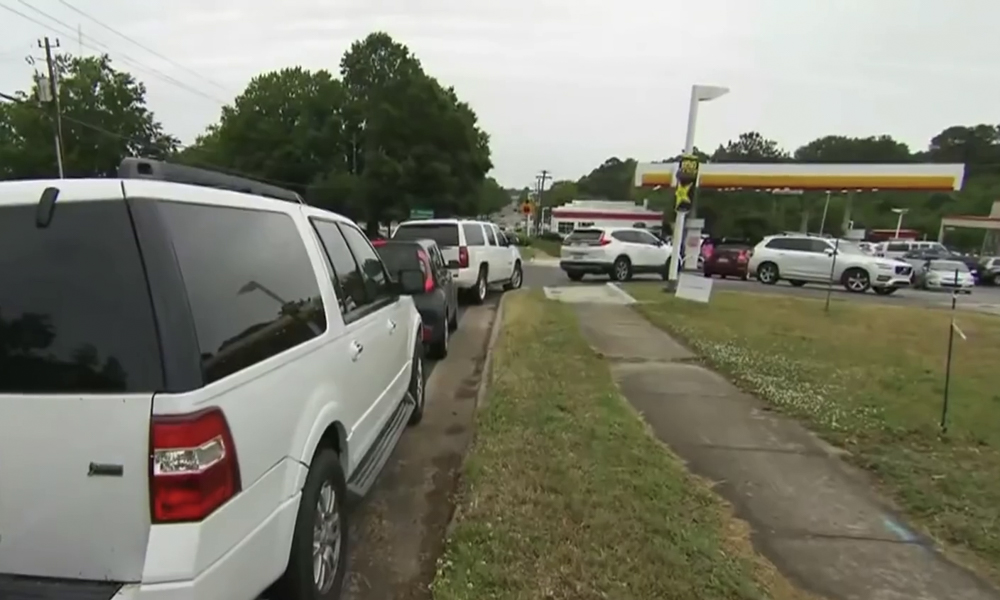
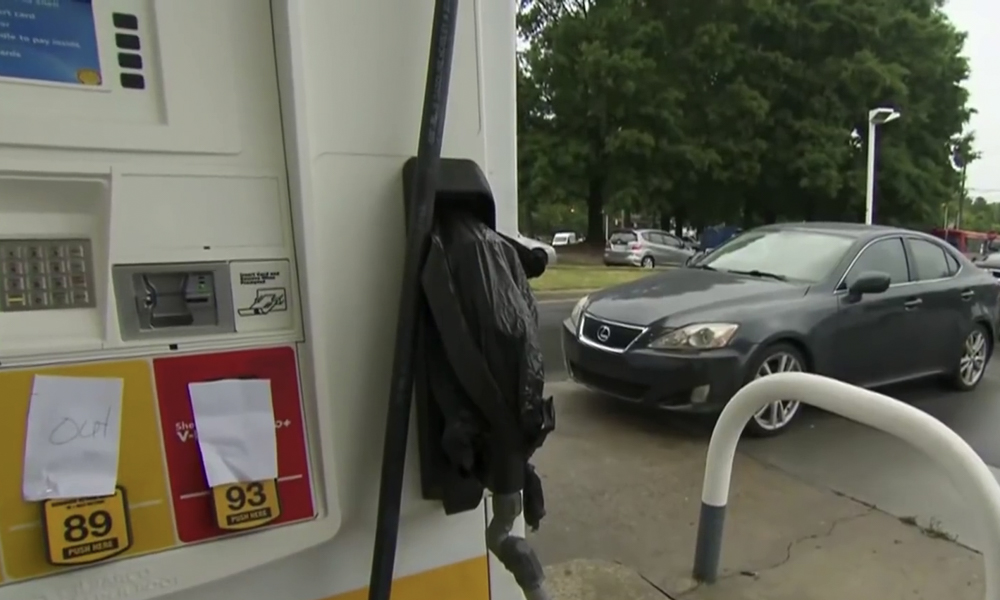
This shortage has led to panic buying among desperate motorists, with some even transporting fuel using plastic bags or water bottles. Such means have sometimes resulted in accidents. In fact, a Hummer H2 caught fire after leaving a Texaco gas station in Florida. Investigators discovered four five-gallon jugs filled with gasoline inside the SUV. In South Carolina, a female suspected of hoarding fuel flipped her vehicle while she was being pursued by police. The automobile became engulfed in flames as a result of the accident.
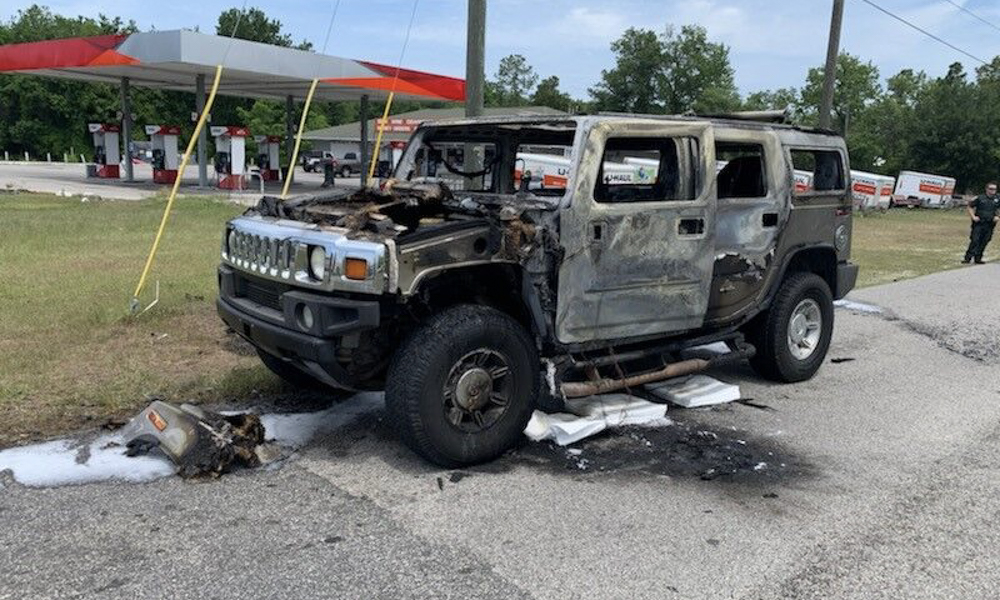
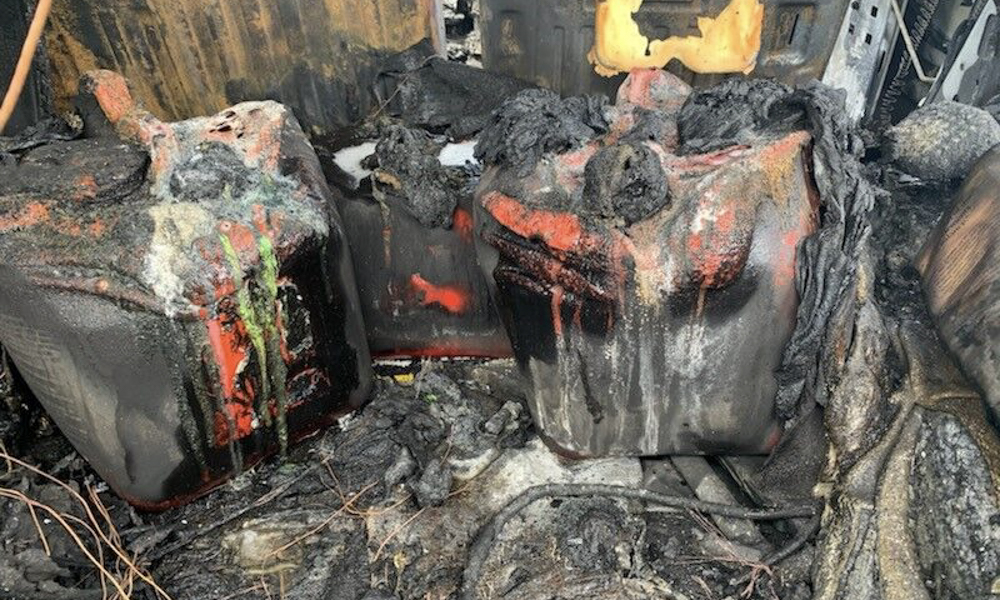
To combat the fuel shortage, regulators have eased time restrictions on fuel-truck drivers to expedite deliveries of fresh supplies. Meanwhile, Colonial Pipeline has reportedly paid the $5 million (P239 million) ransom in bitcoins. Investigators are trying to determine if the Russian government or some other state sponsor was involved in the malware attack (which apparently originated in Russia).






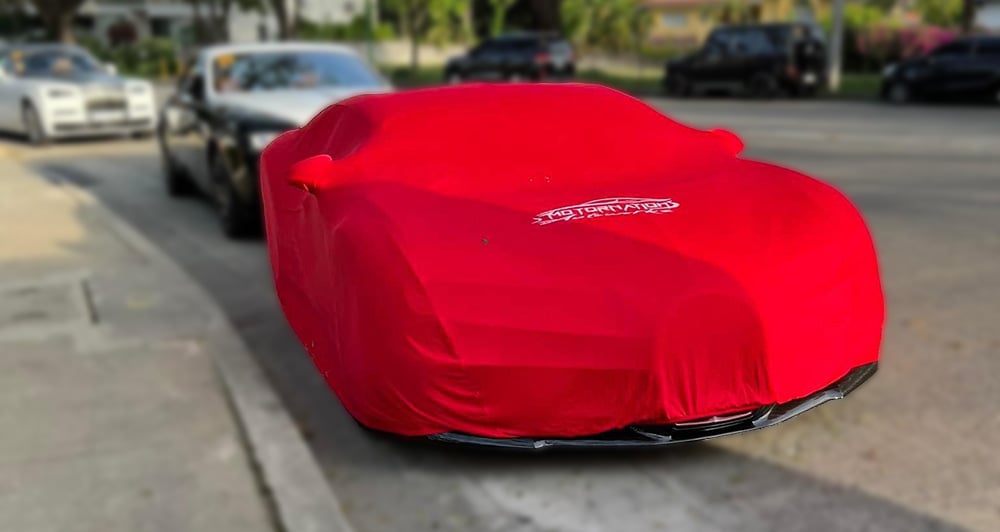
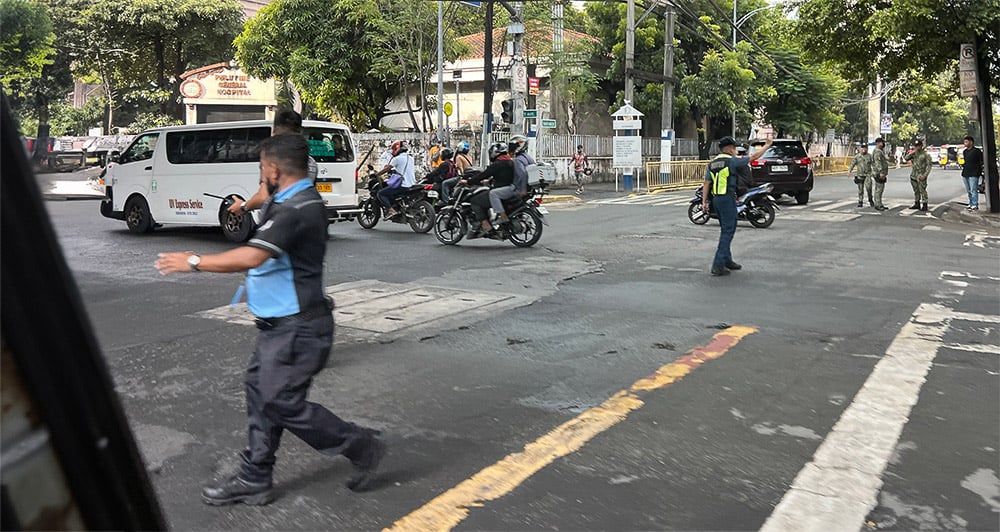

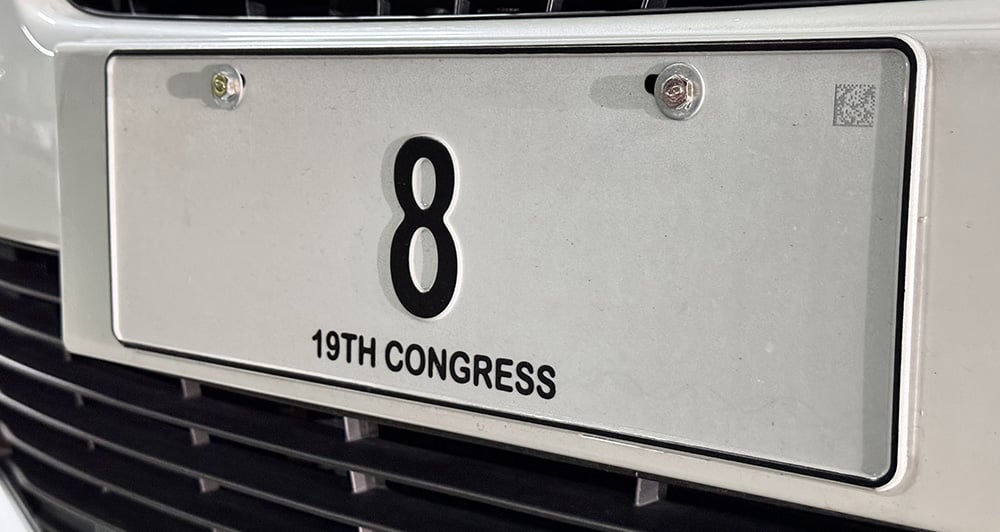
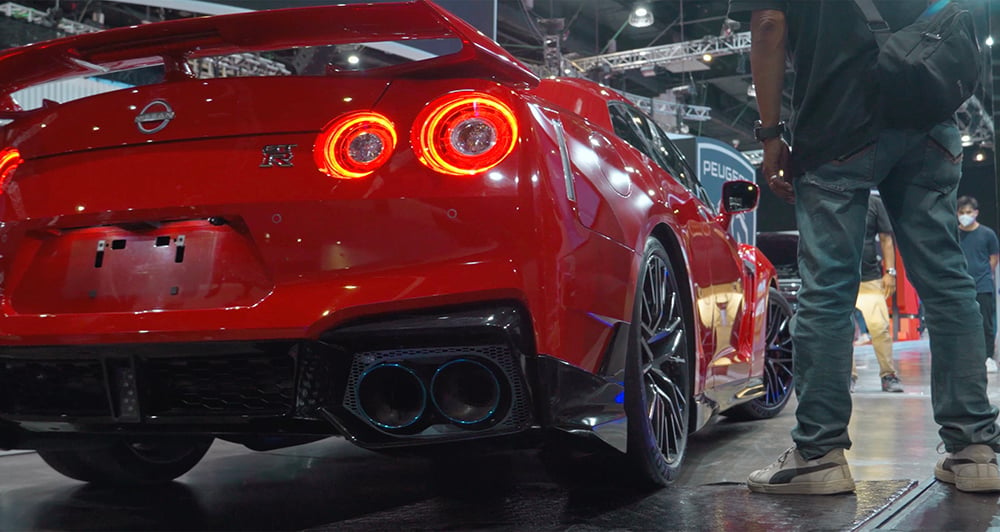
Comments